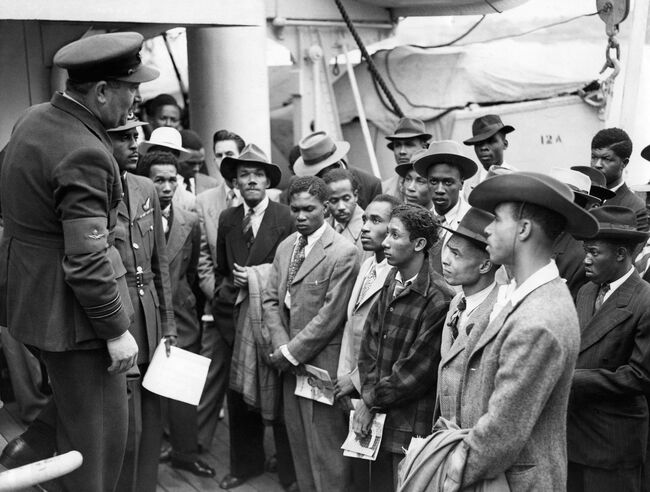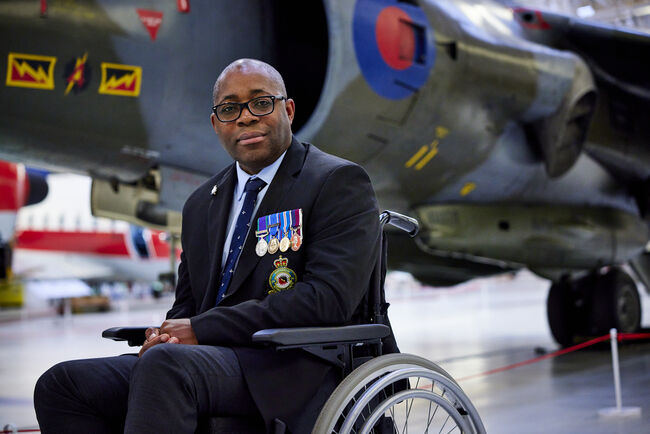
Windrush Day: Recognising the contributions of the Windrush Generation
Published:
Categories:
To mark Windrush Day (22 June), we provide some insight into the Windrush Generation, and the key roles and contributions these individuals played in both military and civilian life.
What is the Windrush Generation?
The Windrush Generation refers to the people who emigrated from the Caribbean to Britain between the arrival of the HMT Empire Windrush on 22 June 1948 and the Immigration Act 1971, including the passengers on the first ship.
Individuals from the Caribbean were invited to the UK to help rebuild the country following the Second World War. According to the National Archives, which holds the passenger list for the ship, there were 1,027 individuals on board the first ship, with more than 800 listing a Caribbean nation as their last place of residence.
While many passengers were from Jamaica, others came from islands such as Trinidad, St Lucia, Grenada, and Barbados.
These individuals, along with those who arrived on subsequent ships up until 1971, became known as the Windrush Generation.
Why did the Windrush Generation come to Britain?
Following the Second World War, the government faced about shortages and required workers to help rebuild the economy. At the same time, Caribbean countries were struggling economically, which created an opportunity for job vacancies in the UK.
Many of those who came became manual workers, drivers, cleaners, and nurses in the newly established NHS, as well as members of the Armed Forces.
How did the Windrush Generation contribute towards the RAF?
Of the 492 passengers onboard the HMT Empire Windrush, about a third were ex-RAF, many were returning to service after serving in the Second World War. Baron Baker, a former RAF Policeman from Jamaica, welcomed the ship and arranged temporary housing for the arrivals. He recalled:
"Many of those on the Windrush were ex-servicemen, and there was an immediate understanding between us. There was a greater feeling of togetherness among that generation of us than I have seen in any group I have come across."
Around 6,000 Caribbean men and women served in the RAF alone, including pilots, navigators and wireless operators, with a large number working as ground staff. The Women’s Auxiliary Air Force also saw women of Caribbean descent join.
The Windrush Generation, including the likes of Sam King MBE, played a vital role in establishing community organisations and advocating for equality. They helped to break down barriers in areas such as housing and employment, and their experiences in the RAF often shaped their post-war leadership roles.
Sam King said of his time in the RAF: "The RAF taught me two things: the importance of discipline and the importance of honesty."
How does the Fund help support members of the RAF Family from the Windrush Generation?
We support all members of the RAF Family, including members of the Windrush Generation and those who currently reside in Caribbean countries, as well as across the world. Since May 2020, we have supported 24 beneficiaries in Jamaica and Trinidad and Tobago, with 83 individual grants totalling £119,000.

Windrush Day is important to Fund beneficiary, RAF veteran Leroy Francis, who told us: "My parents came to England circa 1960 in that Windrush period, it is an important opportunity to remember the efforts our parents have made in contributing to the success we have all had in lives."
We supported Leroy with mobility equipment and housing adaptations after he was diagnosed with multiple sclerosis. He said: "It was really terrible before the Fund stepped in to help. The Fund's support has given me that independence, that ability to have some kind of normal life and focus on getting myself where I need to be."